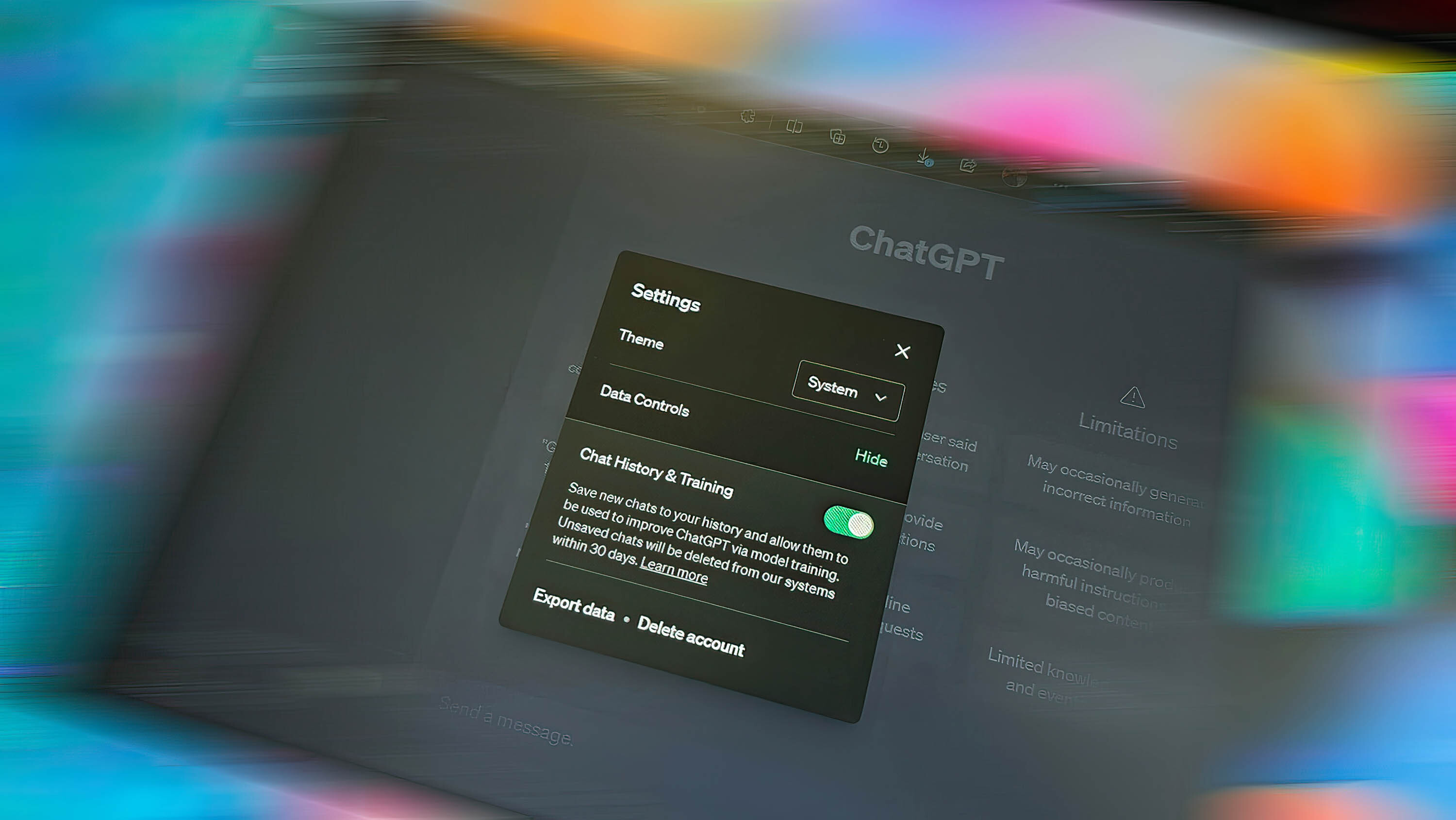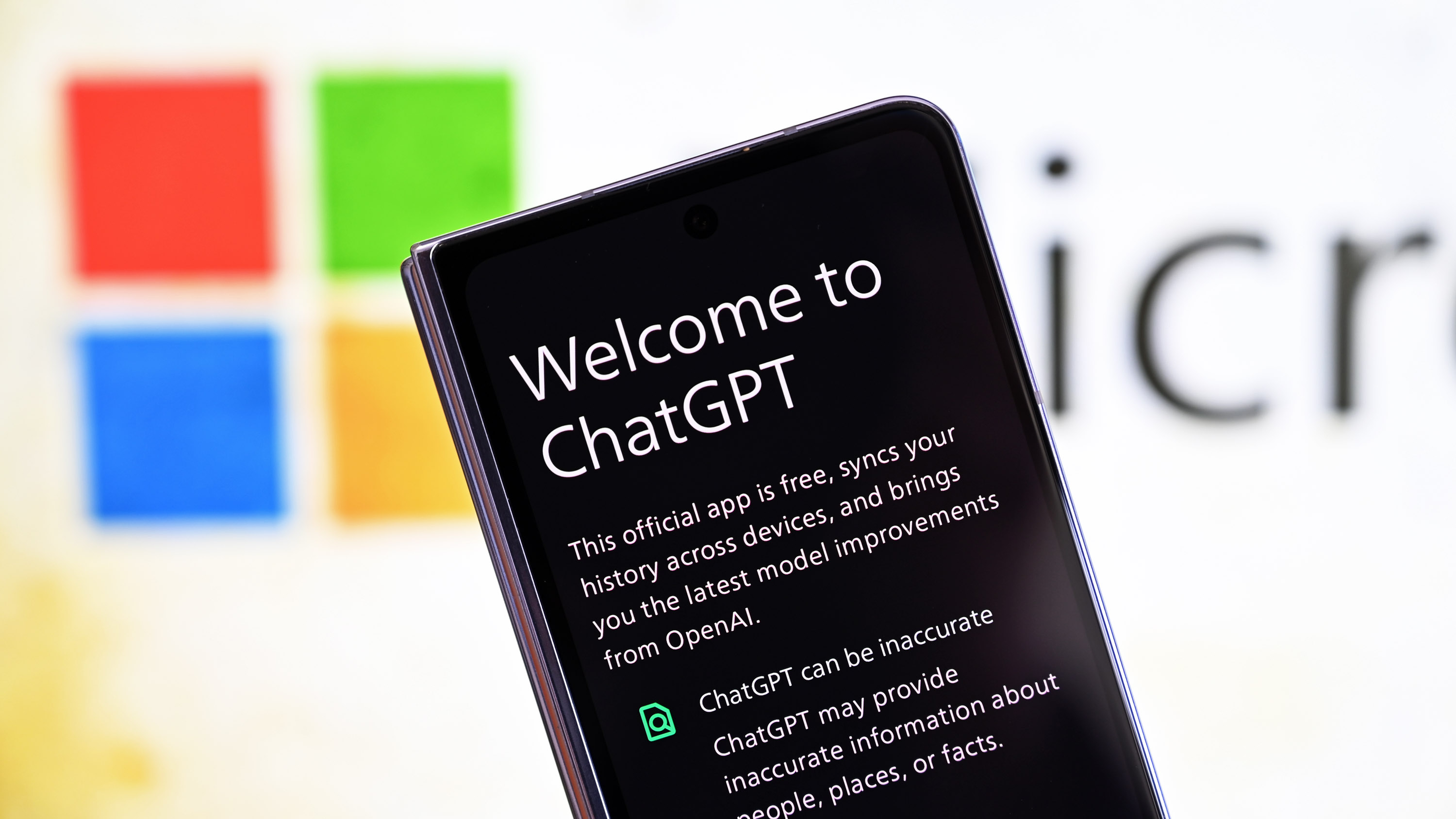
What you need to know
- Microsoft and OpenAI have been slapped with a lawsuit filed by eight news publishers over copyright infringement issues.
- Copilot and ChatGPT have been spotted reusing content belonging to the publishers without permission, generating incorrect information, and attributing the sites as the source.
- Both companies are still battling several lawsuits in court over copyright-related issues, but OpenAI's Sam Altman admitted that it's impossible to develop ChatGPT-like tools without copyrighted content.
Trouble continues to brew for Microsoft and OpenAI. Eight US-based news publishers recently filed a lawsuit in the U.S. District Court for the Southern District of New York against the companies over copyright infringement issues. The publishers claim Copilot and ChatGPT have been spotted stealing reusing information without permission and attributing incorrect AI-generated details to them.
The New York Daily News, the Chicago Tribune, the Orlando Sentinel, the Sun Sentinel in Florida, The Mercury News in California, The Denver Post, The Orange County Register in California, and the Pioneer Press of Minnesota join The New York Times in its fight against OpenAI and Microsoft over copyright issues (via CNBC).
(Granted, all eight publishers are owned by one company, investment giant Alden Global Capital, so numbers are a bit deceiving).
Per the lawsuit, OpenAI's GPT-2 and GPT-3 models draw information from the news publishers' copyrighted content and blurt to users via ChatGPT in a well-thought-out and curated format, potentially redefining how people interact with search engines.
This has significantly impacted website traffic. The publishers also indicated Microsoft heavily relies on their content for Bing's search engine index, ultimately using the data to help Copilot generate accurate responses to queries. But perhaps more concerning, the AI-generated response doesn't usually include backlinks to the source where the information was drawn.
According to a statement issued by OpenAI addressing the issue:
"We take great care in our products and design process to support news organizations. While we were not previously aware of Alden Global Capital's concerns, we are actively engaged in constructive partnerships and conversations with many news organizations around the world to explore opportunities, discuss any concerns, and provide solutions. Along with our news partners, we see immense potential for AI tools like ChatGPT to deepen publishers' relationships with readers and enhance the news experience."
There can't be AI chatbots without copyrighted content

While commenting on ChatGPT's severe copyright-related issues, Sam Altman admitted it's impossible to create AI chatbots without copyrighted content. While these chatbots continue to use copyrighted content to generate responses, Copilot and ChatGPT have encountered several setbacks.
This week, OpenAI was scrutinized for its inability to correct inaccurate information generated using ChatGPT and its failure to disclose how it uses the personal data it collects from users. You might also recall the AI-generated article that referred to a deceased NBA player as useless or recommended a food bank as a tourist attraction.
In the meantime, OpenAI has been exploring a new approach where it pays publishers to use their content. For instance, its megadeal with German publisher Axel will grant it access to articles that it can use to train its models.
Interestingly, Sam Altman recently indicated GPT-4 'kind of sucks' as rumors hitting the windmill indicate OpenAI is getting ready to ship GPT-4 later this year.







